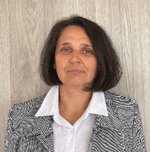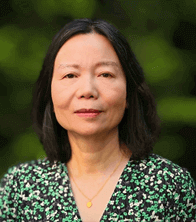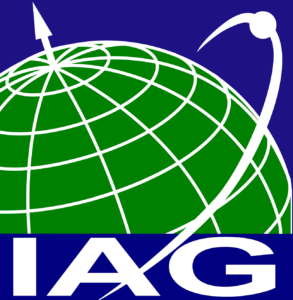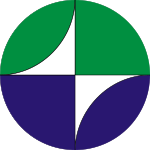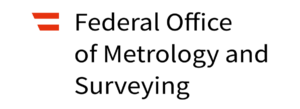IAG Best Reviewer Award
Purpose:
The award is to officially recognize the important work of excellent reviewing for the Journal of Geodesy in the advancement of geodetic science.
Eligibility:
The awardees are selected from the reviewers for the Journal of Geodesy in the preceding two years corresponding to two annual volumes of the Journal. Up to two best reviewers will be presented with the IAG Best Reviewer Award.
Award:
The award consists of a certificate and a cheque of 1000 Euros. It will be presented either at IAG General Assembly or IAG Scientific Assembly.
Nominations and selection procedure:
For each two-year period, the Editor-in-Chief of the Journal of Geodesy calls for nominations by the Editorial Board members and proposes three top candidates for the award to the IAG Executive Committee (EC). Nominations should address and appraise professionalism, fairness, constructiveness, thoroughness, timeliness, realism, and conclusiveness in the candidate’s work as a reviewer for the Journal of Geodesy. The IAG EC will make the final decision on the award. The names and pictures of the award winners with a short biography will be published in the Journal of Geodesy. The Journal Editorial Board members are not qualified to be nominated for the award.
Winner of the IAG Best Reviewer Award:
| Year | Winner Name | Affiliation / Country | Notes / Achievements |
|---|---|---|---|
| 2024 | Judit Benedek
|
HUN-REN Institute of Earth Physics and Space Science, Sopron, Hungary | Graduated in Mathematics (Babes-Bolyai University, 1990), PhD in synthetic modelling of the gravitational field (University of Sopron, 2009). Works on Earth gravitational field modelling, analytical calculations for mass attraction, and tilt meter networks for seismotectonic monitoring. |
| 2023 | Bailing Li
|
NASA Goddard Space Flight Center, Hydrological Sciences Laboratory / ESSIC University of Maryland, USA | Associate Research Scientist; expertise in groundwater modeling, data assimilation, and global hydrological processes. Lead developer of GLDAS2.2 integrating GRACE/FO data. Recognized for research on hydrological extremes and invited by Nature Reviews Earth & Environment for “Year in Review” articles. |


